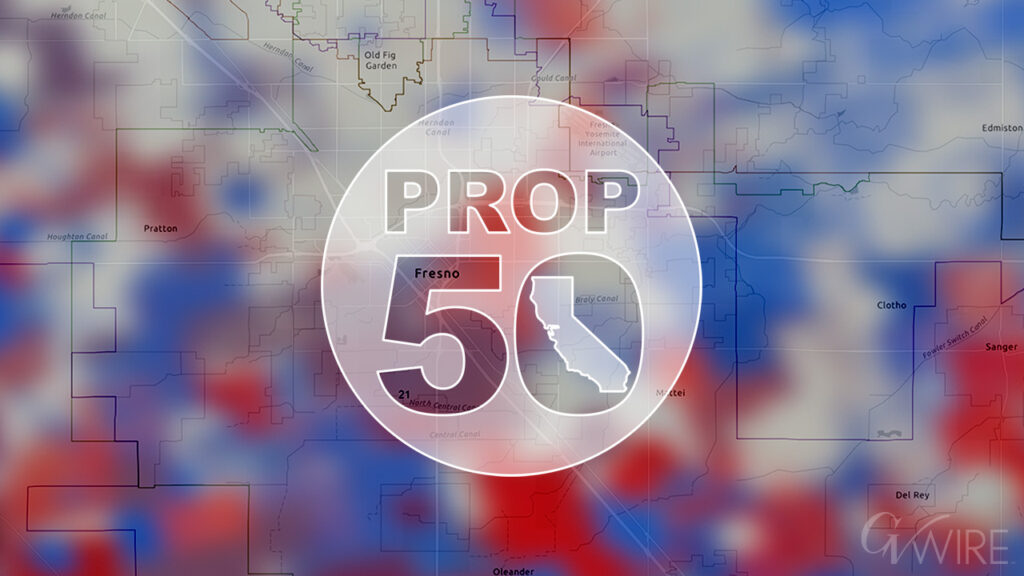A Trader works on the floor at the New York Stock Exchange (NYSE) in New York City, U.S., June 11, 2025. (Reuters File)
Share
|
Getting your Trinity Audio player ready...
|
Wall Street dropped on Friday after Israel struck nuclear facilities and missile factories in Iran, escalating tensions in the Middle East and undermining global investor confidence.
Israel’s attacks were aimed at preventing Tehran from building an atomic weapon, while Iran has promised harsh reprisals.
Oil prices surged nearly 7% on fears the conflict could disrupt crude supply from the Middle East. U.S. energy stocks rose in tandem, with Exxon rallying 1.8% and Diamondback Energy rising 3%.
Airline stocks fell on fears that fuel costs could climb. Delta Air Lines lost 2.2%, United Airlines fell 3.1% and American Airlines declined 3.5%.
Defense stocks climbed, with Lockheed Martin up 3.4%, RTX Corporation gaining 3.3% and Northrop Grumman rising 3.5%.
“I don’t think it’s going to escalate, and if it does, it’ll be a small escalation, not a big escalation,” said Thomas Martin, senior portfolio manager at Globalt in Atlanta. “The market reaction is directionally what you would expect, and yet fairly muted in terms of magnitude.”
Major Markets Decline
The S&P 500 was down 0.69% at 6,003.57 points.
The Nasdaq declined 0.68% to 19,529.78 points, while the Dow Jones Industrial Average was down 1.42% at 42,355.49 points.
Ten of the 11 S&P 500 sector indexes declined, led lower by financials, down 1.77%, followed by a 1.2% loss in real estate.
Photoshop maker Adobe fell 5% as concerns that the pace of the company’s AI adoption was too slow overshadowed an increased annual revenue forecast.
Oracle jumped 7% to a record high, and it is now up more than 21% in two days since the technology company gave an upbeat forecast driven by demand for its AI services.
Nvidia dipped 1.6% and Apple lost 0.9%.
Visa and Mastercard both lost over 4% after the Wall Street Journal reported that major retailers are exploring cryptocurrencies that could eliminate the need for payment intermediaries.
Shares of Boeing Fall
Shares of Boeing fell 1.4%, weighing on the blue-chip Dow.
A tame consumer price report, softer-than-expected producer price data and largely unchanged initial jobless claims earlier this week helped calm investor jitters around tariff-driven price pressures. U.S. Federal Reserve policymakers are widely expected to keep interest rates unchanged at their meeting next week.
With investors betting the United States will reach trade agreements that reduce President Donald Trump’s steep trade barriers, the S&P 500 is now trading just below its February record highs.
The University of Michigan’s Surveys of Consumers showed consumer sentiment improved for the first time in six months in June amid trade uncertainty.
Declining stocks outnumbered rising ones within the S&P 500 by a 4.8-to-one ratio.
The S&P 500 posted 10 new highs and 4 new lows; the Nasdaq recorded 32 new highs and 103 new lows.
—
(Reporting by Kanchana Chakravarty and Sukriti Gupta in Bengaluru, and by Noel Randewich in San Francsco; Editing by Devika Syamnath, Pooja Desai and Matthew Lewis)
RELATED TOPICS:
Categories

Takeaways From US Election Night 2025



















